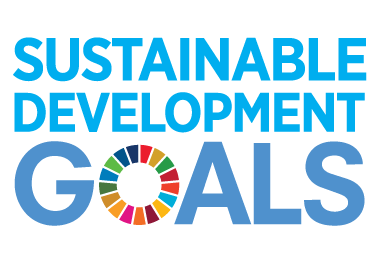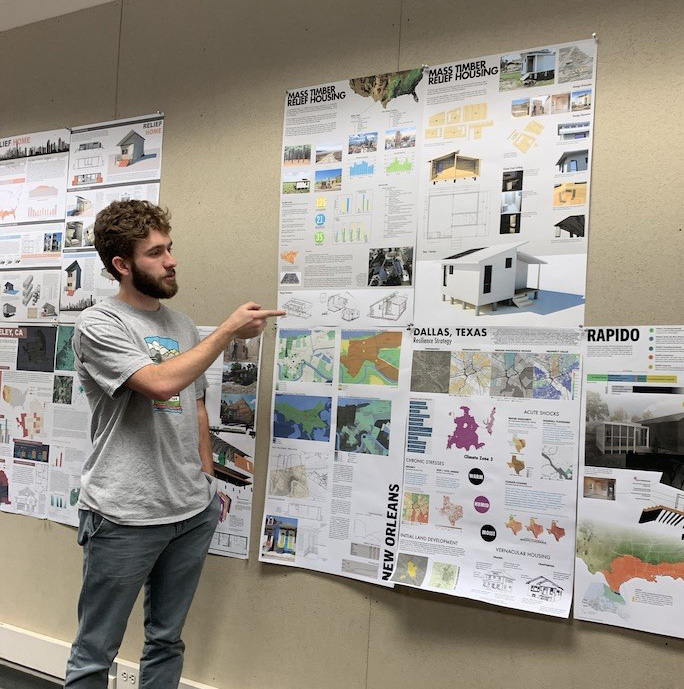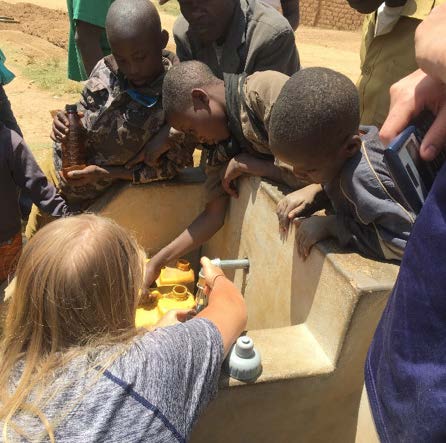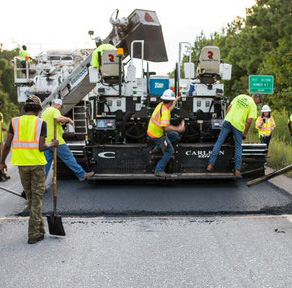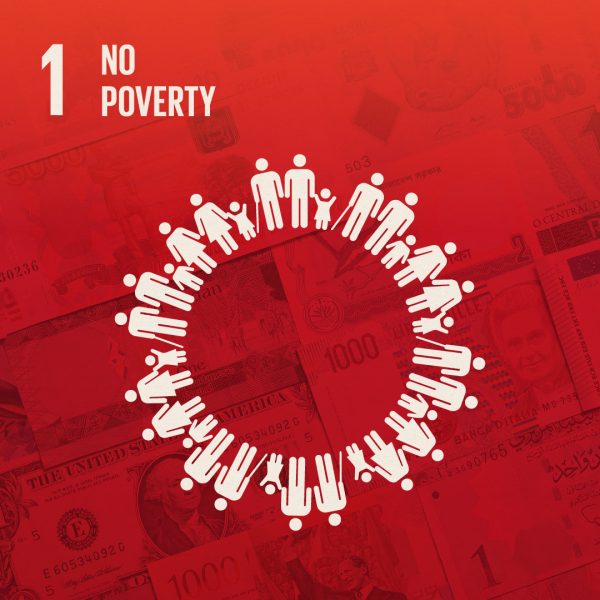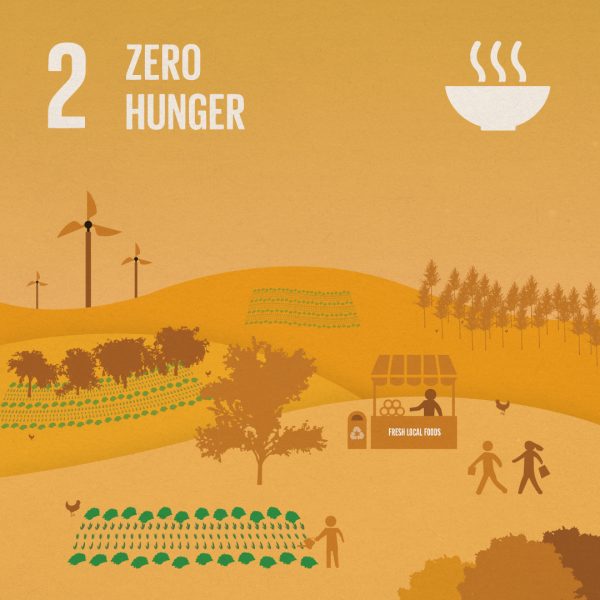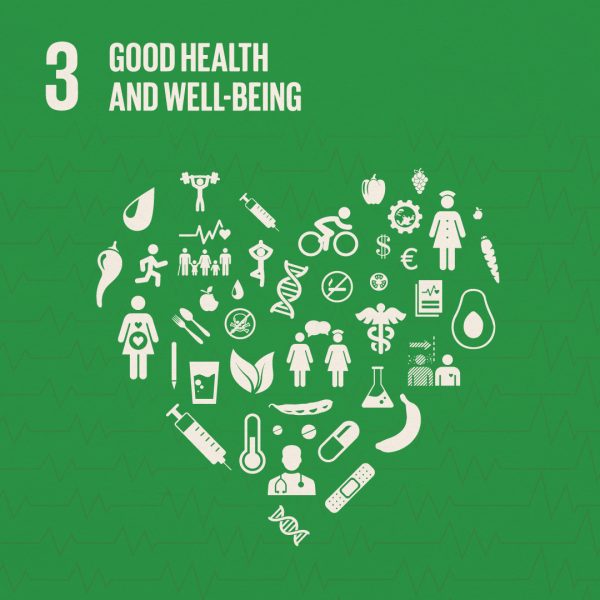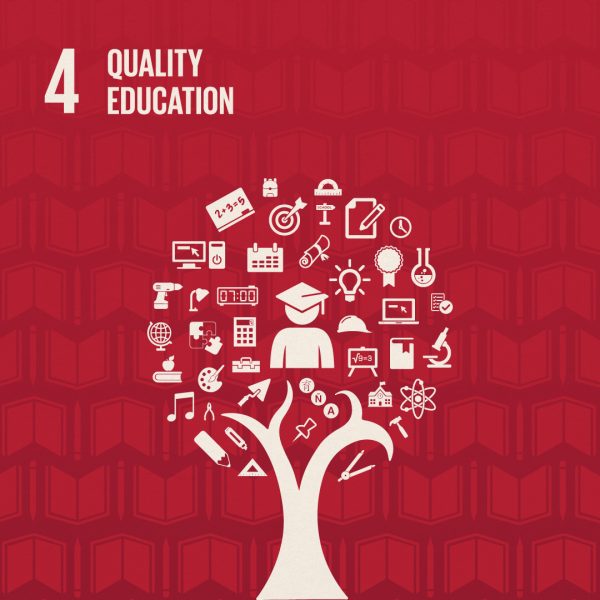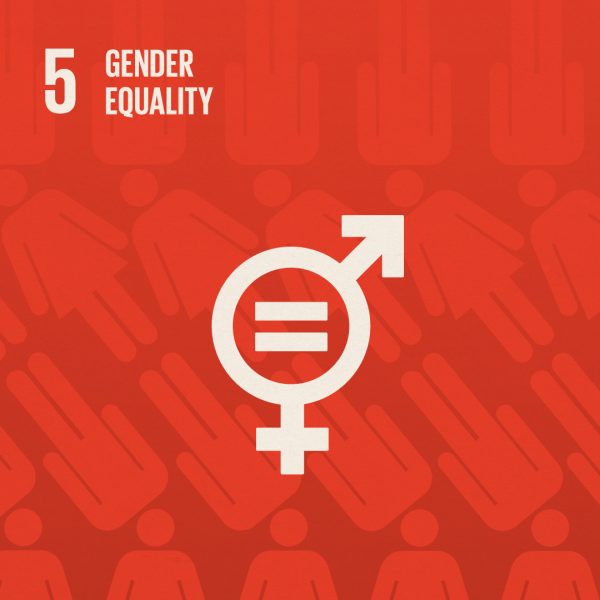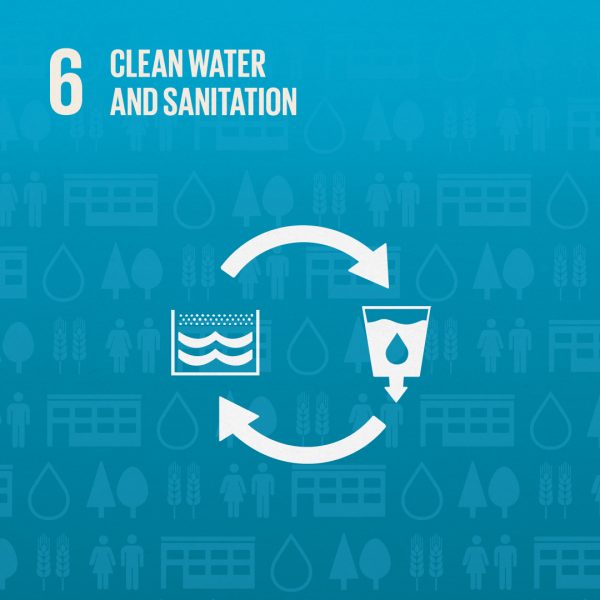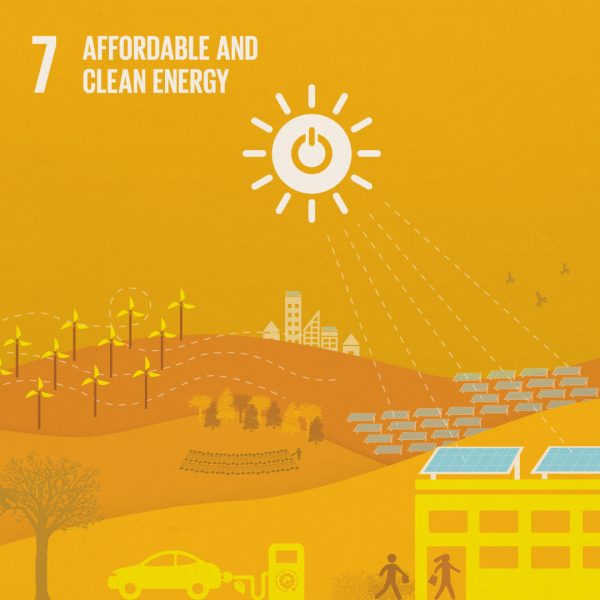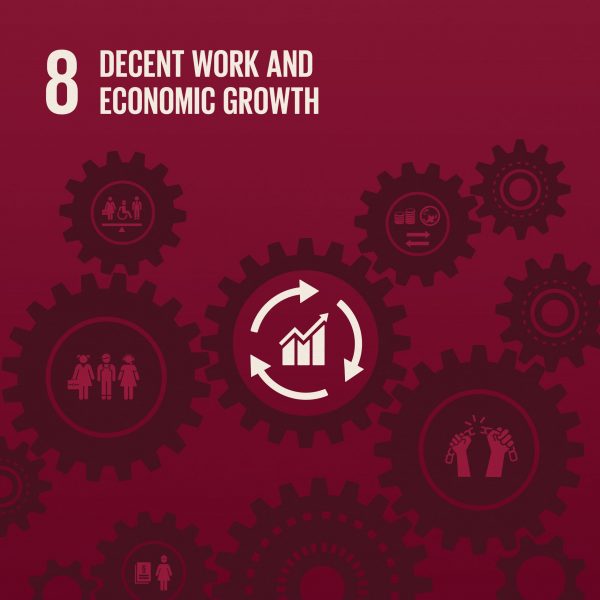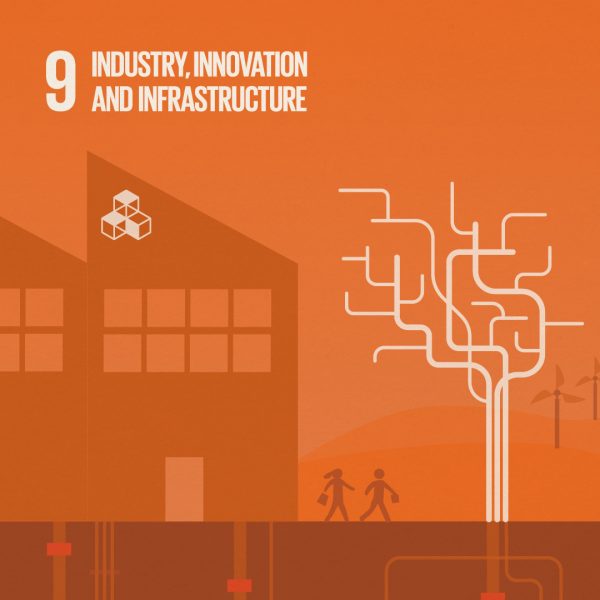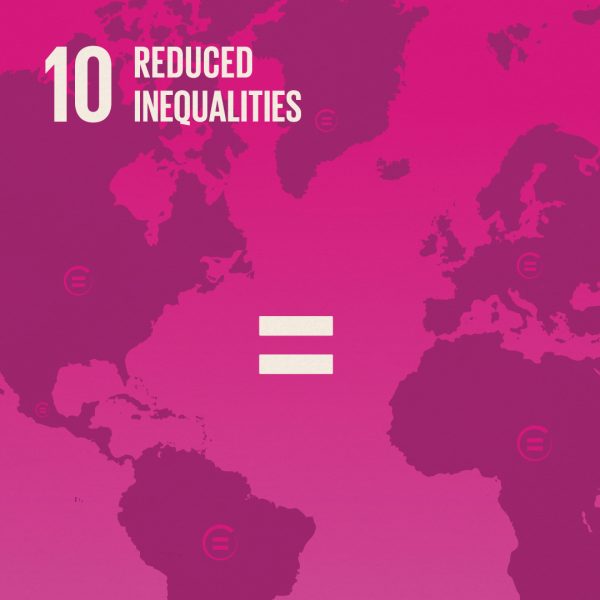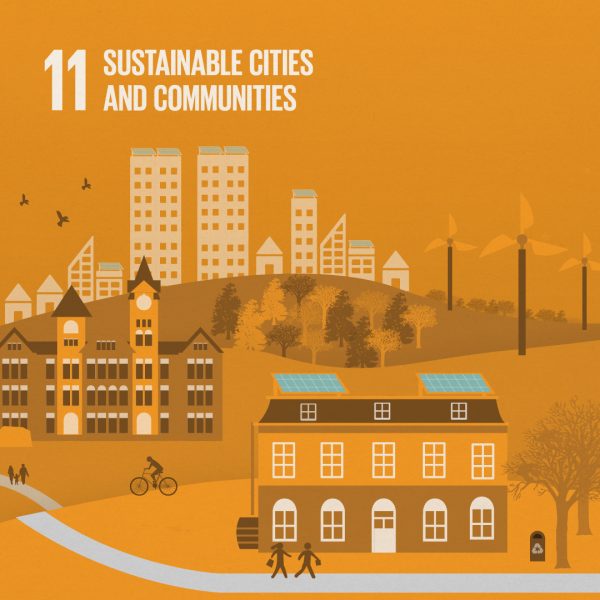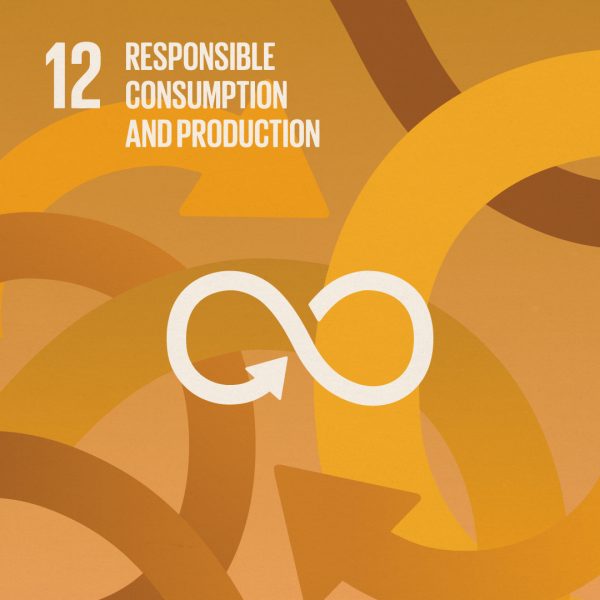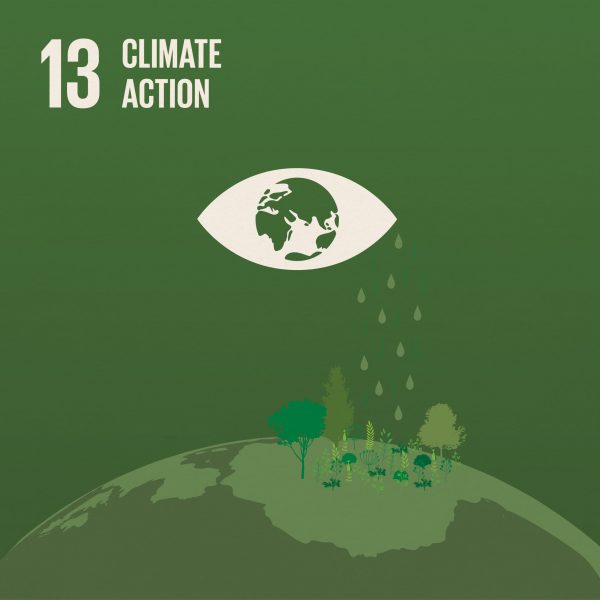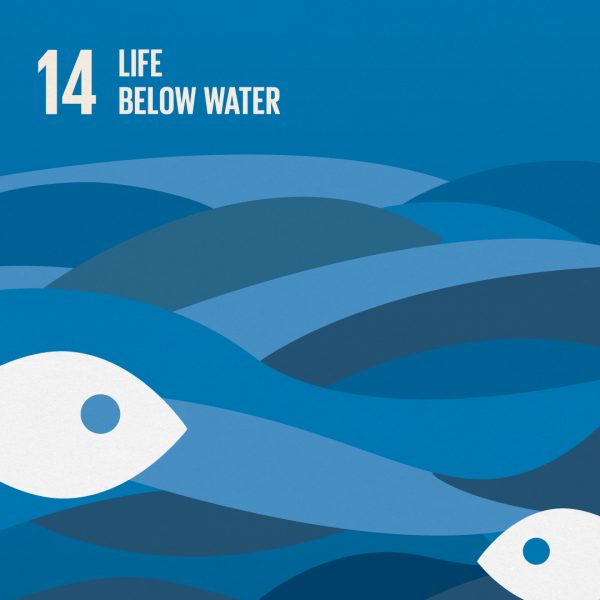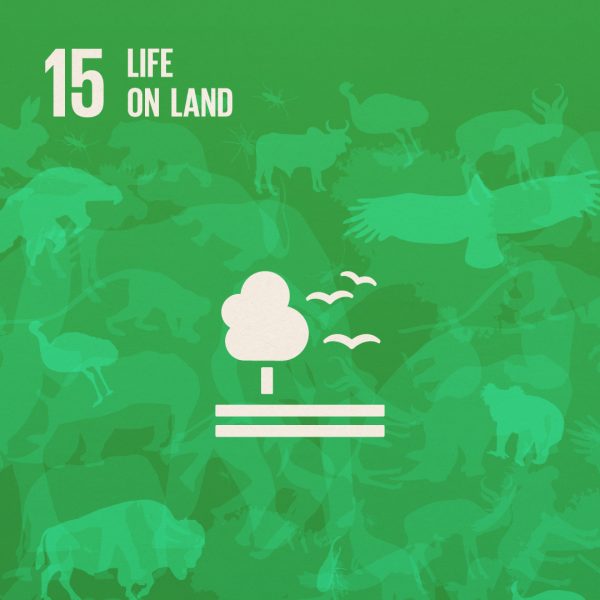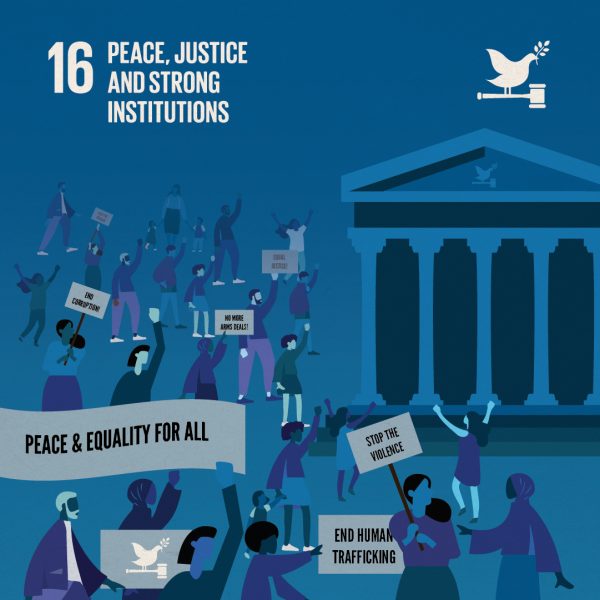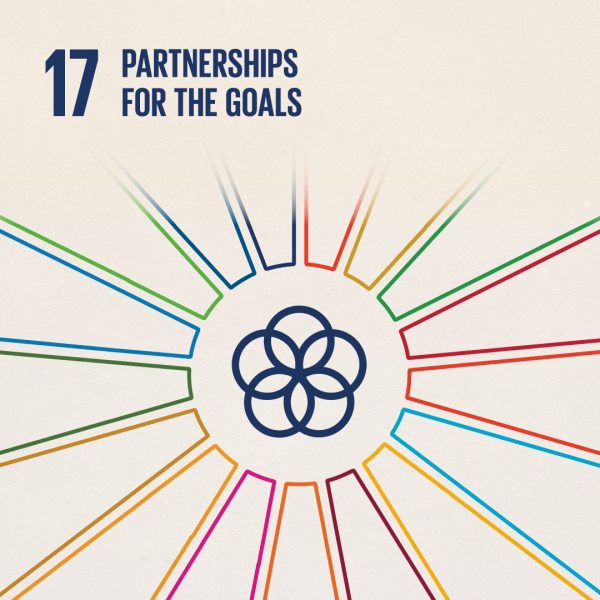By Bella Wright Building and innovation are pivotal to advancing society. However, how we build can have significant impacts on our planet and our future. To ensure the health and well-being of our planet, it is important to practice sustainable building of infrastructure and sustainable operations management. The STARS* assessment…
Functional nanocomposites are composed with different combinations from a large selection of nanomaterials, such as nanocarbons, metal oxides/chalcogenides, carbides, phosphides, polymers, etc., which possess superior mechanical, thermal and electrical properties, leading to broad applications in smart structures, chemical sensors, energy storage and nano-electronic devices. However, the high cost and difficulty…
By Bella Wright “Find where there’s a need, and go meet that need” ~ EL Spencer This philosophy is what led Blake Butcher to where he is today: Auburn University. Blake began his work in the Auburn community as a personal trainer. Over the span of fifteen years, Blake and his wife…
By Patricia Barnes* Auburn University’s Electric Vehicle Showcase had a wonderful turn out on September 22nd, 2023. The event kicked off on a beautiful evening, showcasing 18 different electric vehicles (EVs). From the iconic Tesla to the new Ford F150 Lightning pickup truck, to motorbikes and cycle bikes, a wide…
By Randy MartinAs we face a future that hasn’t looked like our past, research will play a key role in helping us chart our course. The work of researchers has already alerted us to our current woes, such as climate change and biodiversity loss. Going forward, it is essential that…

